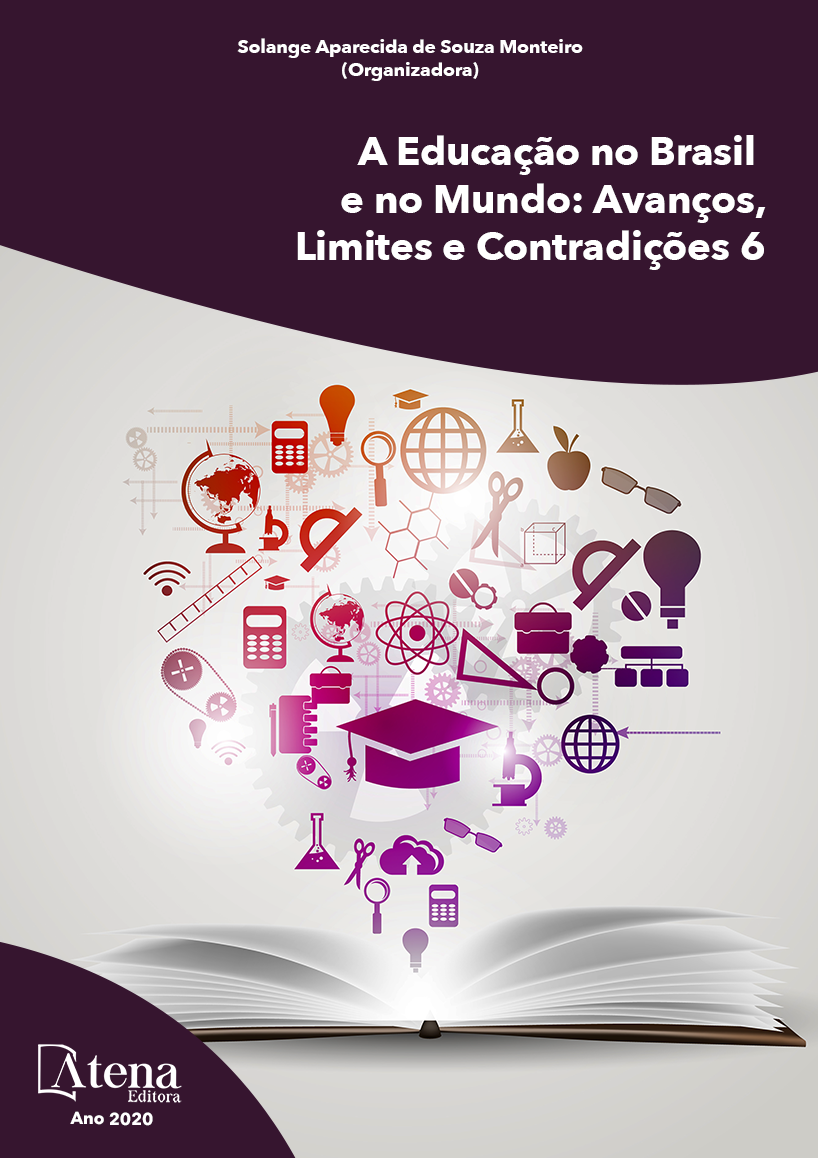
TRANSDISCIPLINARIDADE E NEUROCIÊNCIA DA APRENDIZAGEM EM UM CONTEXTO DE HORTA ESCOLAR
O presente trabalho relata uma
experiência de ensino e aprendizagem em
uma perspectiva transdisciplinar, mediante
a execução de um projeto de horta escolar
em uma turma de primeiro ano do Ensino
Fundamental, do Colégio de Aplicação da
Universidade Federal do Acre. As ações do
referido projeto intencionam propiciar uma
aprendizagem transdisciplinar a partir do uso
dos cinco sentidos em atividades tematizadas
pelo espaço da horta. Os alunos vivenciaram
saberes curriculares de ciências, educação
ambiental, geografia e história, expressos nos
livros didáticos e diversos textos científicos.
Essa perspectiva de ensino permitiu esses
discentes, em processo de alfabetização, se
engajarem em práticas de leitura e escrita
ao mesmo tempo em que se apropriavam de
conceitos das diversas áreas de conhecimento,
evitando-se a fragmentação dos saberes em
disciplinas curriculares. Para tanto, usamos
como aporte teórico Morais (1973), Morin
(1999), Vygotsky (1973) e Noronha (2017).
TRANSDISCIPLINARIDADE E NEUROCIÊNCIA DA APRENDIZAGEM EM UM CONTEXTO DE HORTA ESCOLAR
-
DOI: 10.22533/at.ed.66020230118
-
Palavras-chave: Horta; sentidos; pesquisa ensino e aprendizagem; transdisciplinaridade.
-
Keywords: Vegetable garden; senses; research teaching and learning; transdisciplinarity.
-
Abstract:
This paper reports an experience
of teaching and learning in a transdisciplinary
perspective, with the implementation of a
school garden project in a class of the first
year of elementary school, of the College of
Application of the Federal University of Acre.
The actions of this project are intended to
provide a transdisciplinary learning from the
use of five senses in activities thematized
by the garden space. Students experienced
curricular knowledge of science, environmental
education, geography and history, expressed
in textbooks and various scientific texts. This
teaching perspective allowed these students,
in the process of literacy, to engage in reading
and writing practices and at the same time
appropriated concepts from various areas of
knowledge, avoiding fragmentation of sabers in
curricular subjects. For such, it is used as theoretical contribution of Morais (1973),
Morin (1999), Vygotsky (1973) and Noronha (2017).
-
Número de páginas: 5
- Roberto Mamedio Bastos
- Kelly Cebelia das Chagas do Amaral
- Nagila Maria Silva Oliveira


